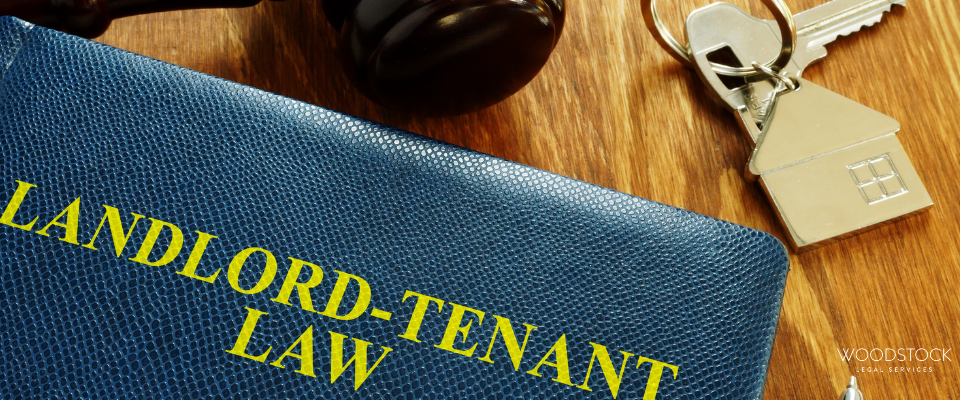Gary Lineker Social Media Blunder by BBC
Now, instead of reporting the news, the BBC is the story – and this time it’s a row with football legend, Gary Lineker.

On 7 March Gary Lineker tweeted his personal views about a proposed government policy which will see asylum seekers banned from ever returning to the UK. The BBC acted quickly on the tweet, stating that it felt Lineker was demonstrating bias in breach of its social media policy and at risk of its reputation. The result? Gary Lineker temporarily suspended pending investigation.
What followed was an intense show of support as other BBC presenters jumped behind Lineker to stand up against the BBC. As pressure mounted the BBC was forced to capitulate and welcome Lineker back into the studio.
Whether or not you agree with Gary Lineker’s comments, there is one thing we can all agree on; the BBC has made an absolute mess of the situation.
Their first failing is that they did not follow their own guidance – their social media policy.
Albeit in smaller scale, it’s something the Employment Law team at Woodstock Legal Services has witnessed time and time again. Namely; an employer taking an overzealous approach to discipline without checking its own contracts and policy documents first.
The result is that disciplinary action taken by that employer may constitute unfairness and could result in significant and costly employment tribunal claims.
In the case of Lineker, it’s clear that the BBC jumped without thinking.
An excerpt of the BBC Social Media Policy states as follows:-
‘Where individuals identify themselves as being linked with the BBC, or are programme makers, editorial staff, reporters or presenters primarily associated with the BBC, their public expressions of opinion have the potential to compromise the BBC’s impartiality and to damage its reputation.’
Arguably then, Lineker would be caught by this wide definition, as he is clearly a presenter and associated with the BBC. However, the comments were made by Lineker on his own personal twitter account – which gives no reference to his engagement as a presenter by the BBC. It is also highly important to note that Lineker is a sports presenter and was passing comment on politics.
This is key. The BBC’s own policy, when considering the risks to its reputation, states:-
‘The risk is greater where the public expressions of opinion overlap with the area of the individual’s work…The risk is lower where an individual is expressing views publicly on an unrelated area, for example, a sports or science presenter expressing views on politics or the arts.’
Therefore, even by the standards set in the BBC’s own policy, Gary Lineker’s actions should have been deemed low risk given that he is a sports presenter and his comments related to politics. This clearly left the BBC without a leg to stand on (that’s a legal term!) and coupled with the significant pressure from Lineker’s peers, has resulted in their capitulation on the point.
When was the last time you reviewed your social media policy? Get in touch with the Employment Law team for a free policy review!
Contact Us
News & Insights










